#like how some of the villages zuko and iroh go to resemble korea or vietnam
Text
After gaining a little more information about Omashu from the games, I'd like to go into the South Asian/SEA references of the city.
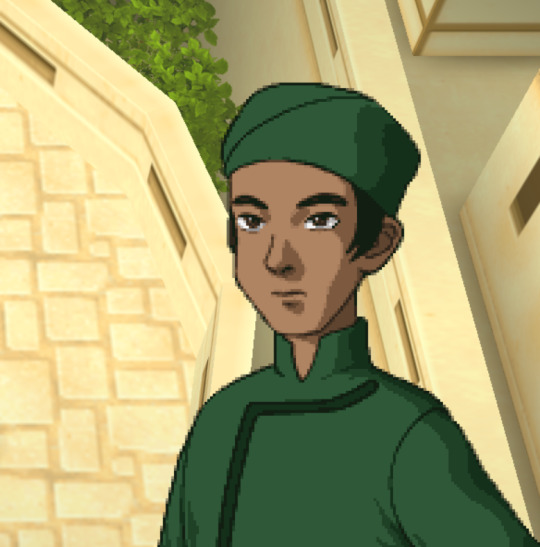

The common headdress for men in Omashu are turbans. They wear it the same style of the Cabbage Man which @atlaculture has matched it to a Khăn Vấn, a vietnamese turban:
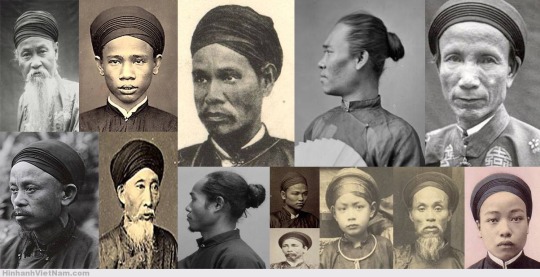
The turban does have a similar shape, but depending the style, the Khăn Vấn can be wrapped like a headband that shows hair in the back, unlike the Omashu turbans that wrap completely around the head. Turbans have a long history that spans many cultures and religions, so here are some other turbans I thought looked similar:

These are the Sikh turbans, also referred as a Dastār. This particular style shown in the example is called the modern Dumalla. I thought the wrapped style was similar to the turban design in the game.

Another kind are the Islamic turbans found in South and South East Asia, such as Indonesia, Malaysia, and Bangladesh. The turban can come in different colors and patterns (I found only white ones for the examples, but I've seen green, yellow, and checkered before).
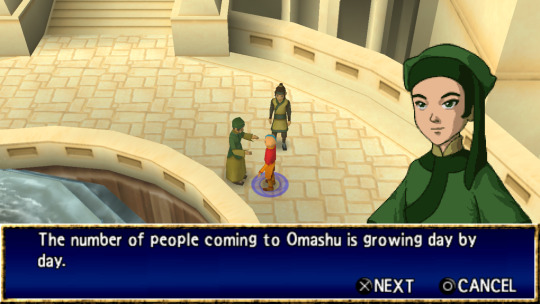
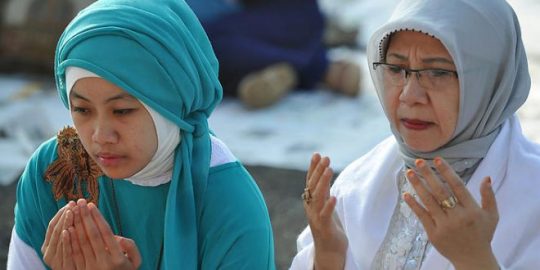
The women in Omashu also wear head coverings and this one in particular reminded me of the hijab style I've seen Indonesians wear.
Another cultural reference @atlaculture covered is how King Bumi's rock candy he encased Sokka and Katara with is like the rock sugar used in Asia. The method of developing rock sugar, or Misri, was invented in India and is the oldest refined form of sugar. It's used as candy or a sweetener for milk and tea. In Karnataka, it's served with water for guests in the summer.

Lastly, Bumi's name has ties to South and South East Asia. @cyndaquillt has already done a wonderful post going into Bumi's name from a South Asian view:
Bhumi (भूमि, pronounced bhoo-mi) is a Sanskrit word that means ground. The root of the word is Bhu (भू) which means earth.
There's also @ririsasy additions, that Bumi is the Indonesian word for Earth. In Indonesia, Bumi is a name usually given to males, while Bhumi is a name commonly given to Indian women, and is the name of the goddess of Earth in Hinduism.
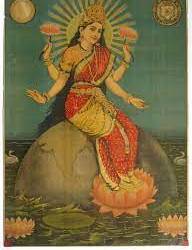
There's many overlaps between these cultures and more, but overall Omashu leans towards a more South Asian/SEA setting than East Asian compared to the rest of the Earth Kingdom. Any additions or corrections are welcome!
#some of these references are a biiit stretched#because of atla's pan-asia setting#but whats so fun is the mix of culture#that occurs in real life as well#and i really like the idea of Omashu being south asian/sea inspired#to give the EK some variety#like how some of the villages zuko and iroh go to resemble korea or vietnam#atla#atla the game (2006)#king bumi#game sense
438 notes
·
View notes